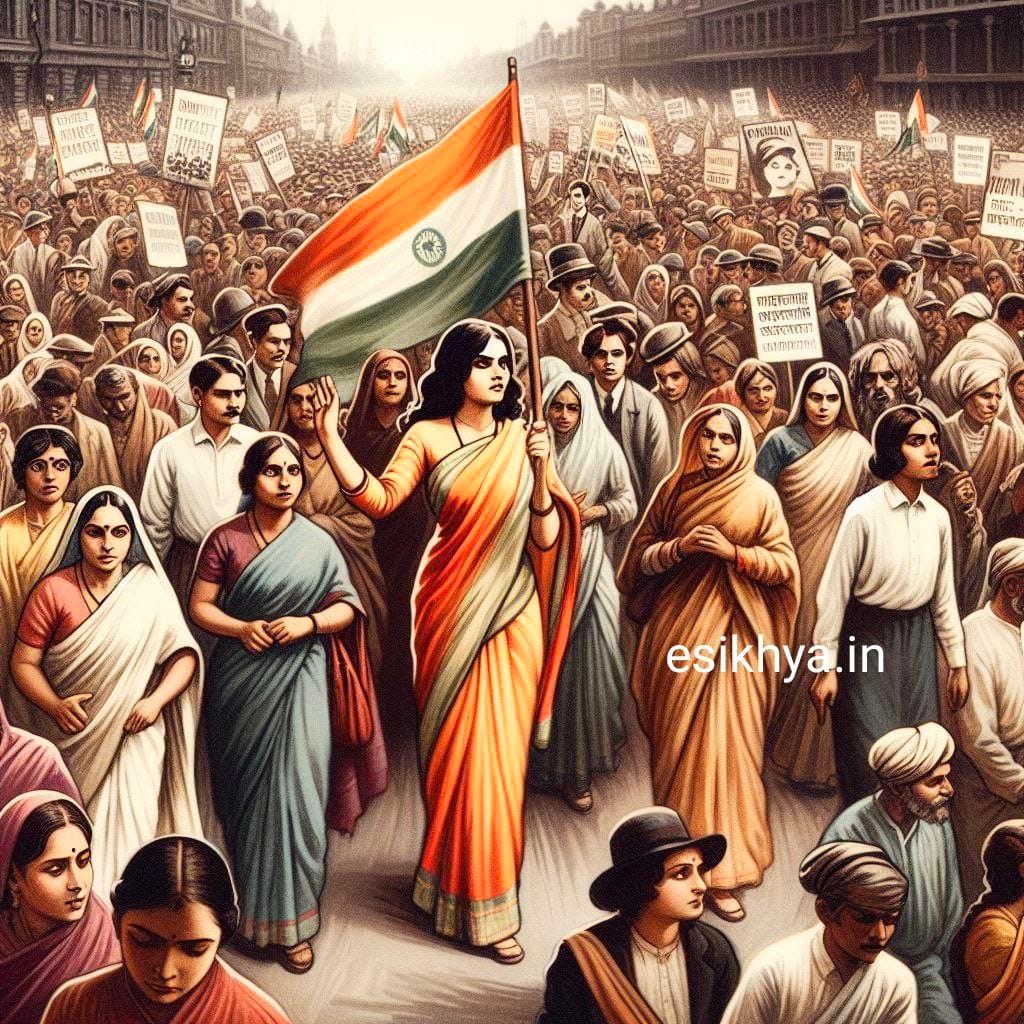
The Indian freedom movement witnessed the significant contribution of many women who played pivotal roles in the struggle for independence. These women not only participated in mass movements but also led initiatives, challenged colonial power, and worked tirelessly to uplift other women in society.
Here are some notable individual contributions of women in the Indian independence movement :
1. Rani Lakshmibai (1828-1858)
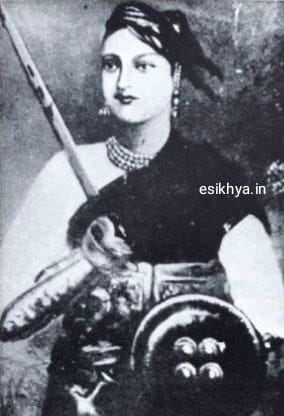
Contribution: Rani Lakshmibai, the Queen of Jhansi, is one of the most revered figures in Indian history. She played a crucial role during the 1857 Revolt, also known as the First War of Indian Independence. Known for her bravery and leadership, she fought valiantly against the British forces to defend her kingdom and became a symbol of resistance against British rule.
Legacy: Her courage inspired countless Indians to join the struggle for independence.
2. Sarojini Naidu (1879-1949)
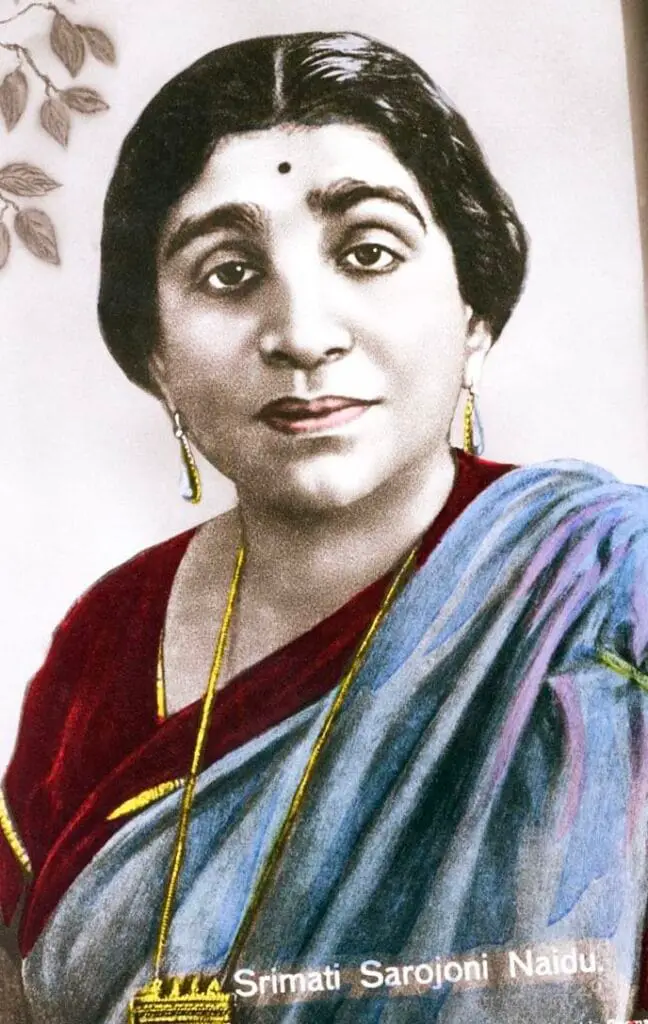
Contribution: Sarojini Naidu, also known as the “Nightingale of India,” was a poet, freedom fighter, and the first woman to become the President of the Indian National Congress. She played a key role in the Civil Disobedience Movement and the Quit India Movement. Naidu was also a strong advocate for women’s rights and worked for women’s education and emancipation.
Legacy: She was one of the foremost women leaders in the independence movement and became the first woman Governor of an Indian state (Uttar Pradesh) post-independence.
3. Aruna Asaf Ali (1909-1996)
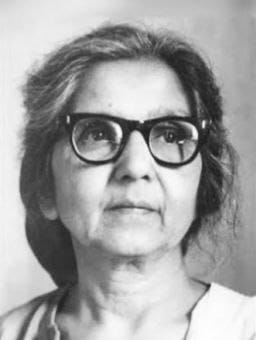
Contribution :- Aruna Asaf Ali is best known for hoisting the Indian National Congress flag at the Gowalia Tank Maidan in Bombay during the Quit India Movement in 1942. Despite being a prominent leader, she evaded arrest and continued her underground work for the movement, editing and distributing an underground Congress magazine.
Legacy : She became a prominent figure in the freedom struggle and was later awarded the Bharat Ratna, India’s highest civilian award.
4. Kasturba Gandhi (1869-1944)
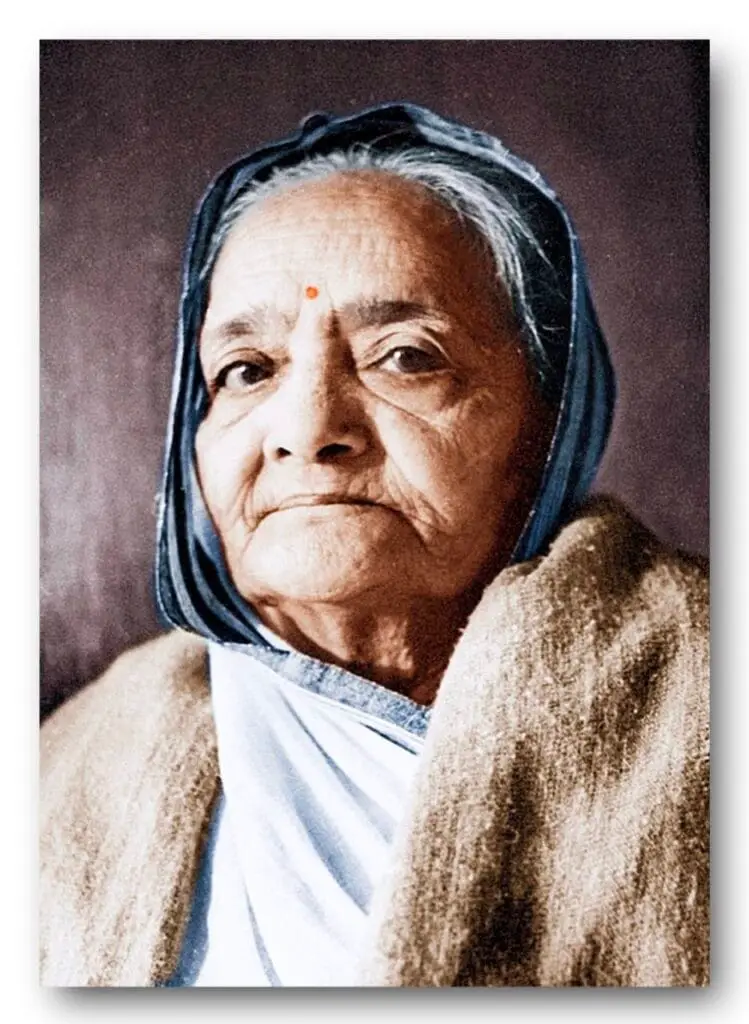
Contribution: Kasturba Gandhi, the wife of Mahatma Gandhi, was a key figure in the Indian freedom struggle. She was involved in various movements led by Gandhi, including the Non-Cooperation Movement, the Salt Satyagraha, and the Quit India Movement. She also worked extensively on issues like sanitation, women’s rights, and education.
Legacy: Kasturba is remembered for her resilience, support to Mahatma Gandhi, and her role as a leader in her own right.
5. Kamala Nehru (1899-1936)
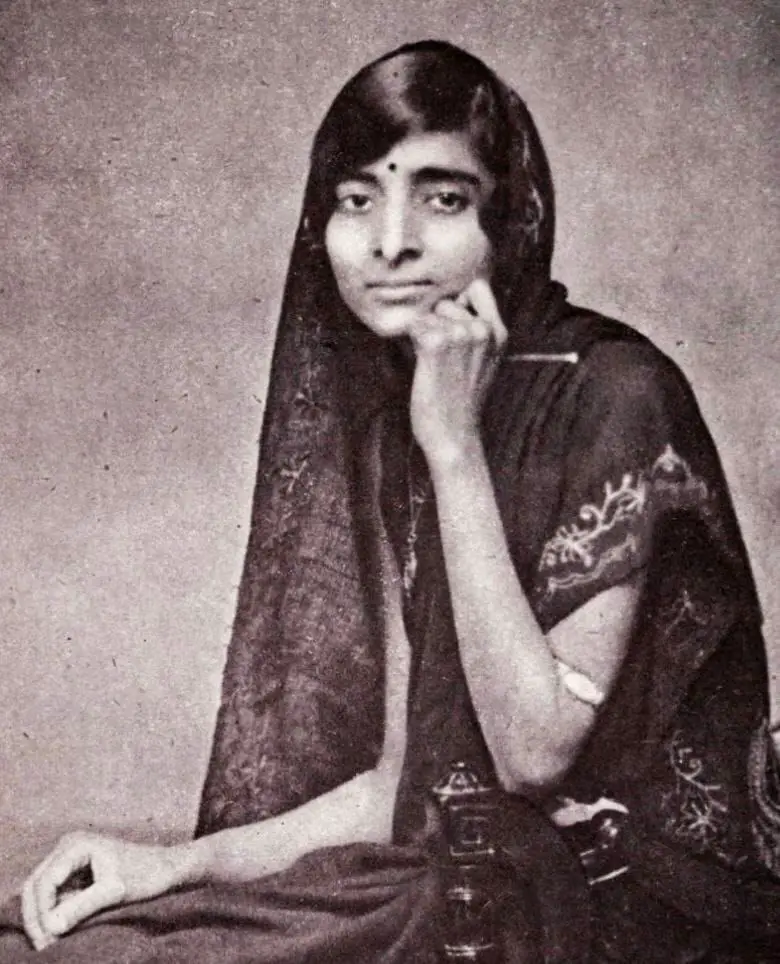
Contribution : Kamala Nehru, the wife of Jawaharlal Nehru, was actively involved in the Non-Cooperation Movement and the Civil Disobedience Movement. She organized women in her locality, led protests, and supported her husband’s political activities. Kamala was also involved in promoting the use of khadi and the boycott of British goods.
Legacy : Kamala’s dedication to the freedom movement and her role as a leader in various protests left a lasting impact on the struggle for independence.
6. Annie Besant (1847-1933)
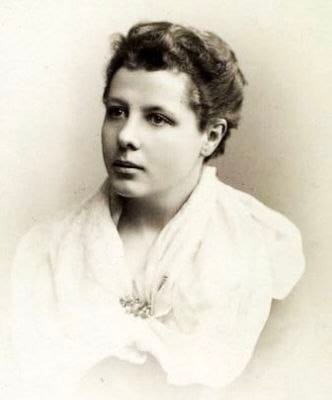
Contribution: Although British by birth, Annie Besant became an ardent supporter of Indian self-rule. She was a leader of the Theosophical Society and became the first woman President of the Indian National Congress in 1917. She launched the Home Rule Movement, which aimed at achieving self-governance for India.
Legacy: Besant’s efforts in mobilizing public opinion for self-rule and her role in the national movement were significant in the early 20th century.
7. Begum Hazrat Mahal (1820-1879)
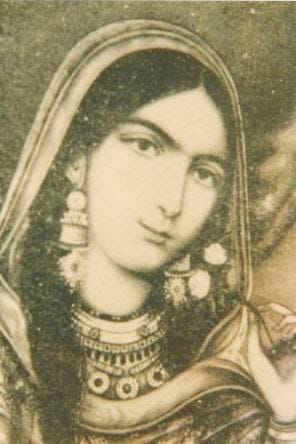
Contribution: Begum Hazrat Mahal was one of the key figures in the Indian Rebellion of 1857. She was the wife of Nawab Wajid Ali Shah of Awadh and led a rebellion against the British after her husband was exiled. She took control of Lucknow, proclaimed her son as the ruler, and fought fiercely against British forces.
Legacy: Her leadership and resistance during the 1857 revolt are celebrated as examples of courage and defiance against colonial rule.
8. Vijaya Lakshmi Pandit (1900-1990)
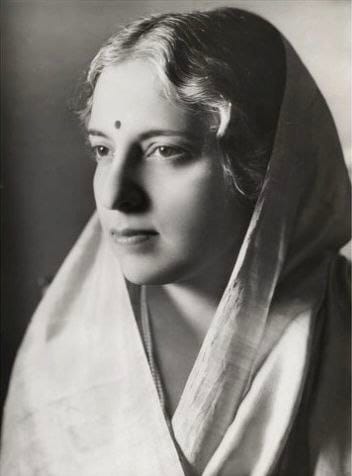
Contribution: Vijaya Lakshmi Pandit, the sister of Jawaharlal Nehru, was a diplomat and politician who played a key role in the Indian independence movement. She participated in the Non-Cooperation Movement and was imprisoned several times by the British. After independence, she became the first Indian woman to hold a cabinet position and later served as India’s ambassador to several countries.
Legacy : Vijaya Lakshmi Pandit’s contributions in both the freedom struggle and as an international diplomat were pivotal in shaping modern India’s foreign policy.
9. Madam Bhikaji Cama (1861-1936)
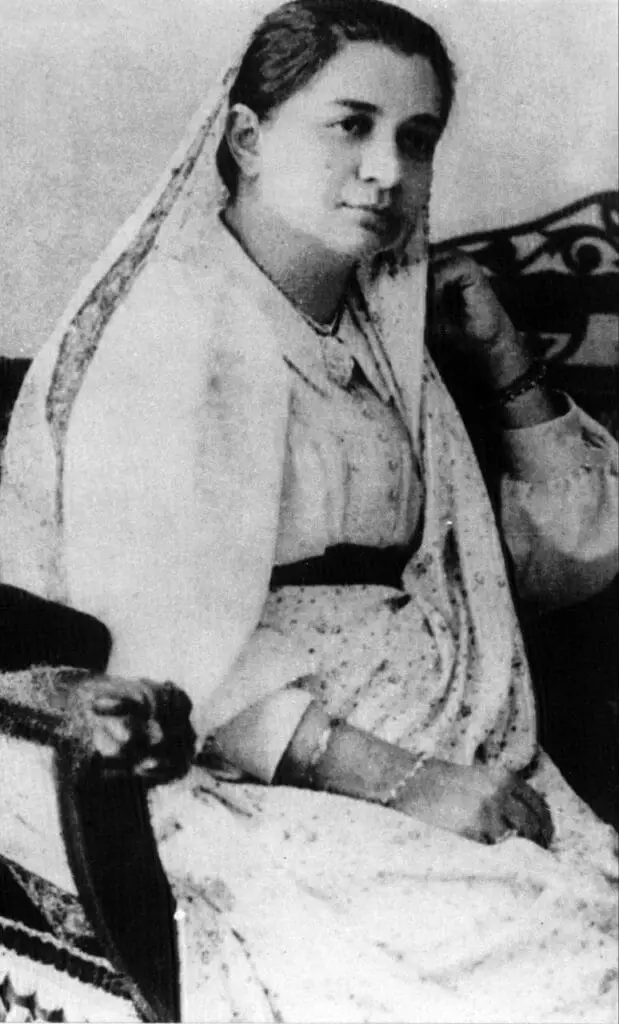
Contribution: Bhikaji Cama was an Indian revolutionary who played a crucial role in the international promotion of the Indian independence movement. She unfurled the first version of the Indian national flag in Stuttgart, Germany, in 1907, representing India’s demand for independence on the global stage.
Legacy: Cama is remembered as a fearless revolutionary who worked tirelessly for India’s freedom from abroad.
10. Durgabai Deshmukh (1909-1981)
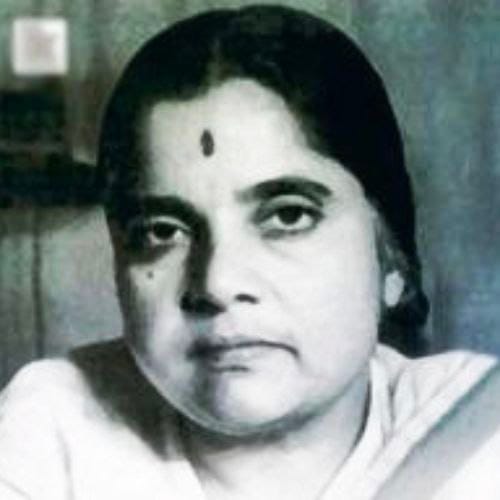
Contribution : Durgabai Deshmukh was a freedom fighter, lawyer, and social reformer. She was involved in the Salt Satyagraha and other civil disobedience movements. After independence, she became a member of the Constituent Assembly of India and played a key role in drafting the Indian Constitution. She also founded the Andhra Mahila Sabha, which worked for women’s education and welfare.
Legacy : Her work in both the freedom struggle and in the development of post-independence India, particularly in social reforms and education, has had a lasting impact.
Conclusion
These Women, among many others, made immense sacrifices and contributions to the Indian freedom movement. Their courage, leadership, and commitment not only advanced the cause of independence but also laid the foundation for women’s rights and gender equality in post-independence India. Their legacy continues to inspire generations of Indians in the ongoing struggle for social justice and equality.
